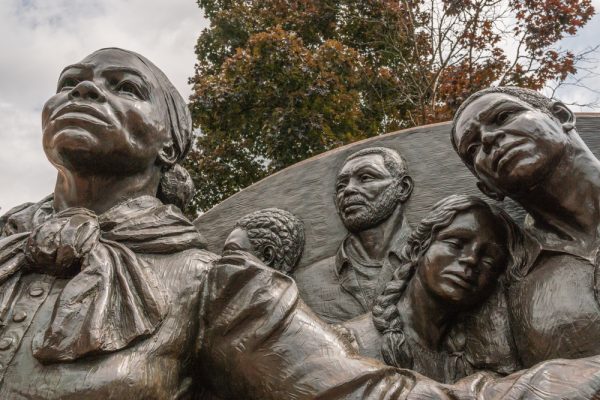
February is Black History Month. Although Black history is an important part of the whole story of American history, this month provides a special opportunity to focus on learning about the specific experiences, voices and contributions of Black Americans. Many parents rely on schools to teach these topics, but you can also talk about Black history at home with your family. Here are some ideas to get you started:
- Begin with a simple script. You might not know how to bring up the topic of Black history with your family, especially if your kids are young. Mama Knows it All has a simple, effective script you can use to open up the discussion and explain to kids why Black history is important.
- Try starting with the Civil Rights Movement. Especially for grade school kids, Civil Rights leaders may be some of the most familiar figures from Black History. Starting with a discussion about people and events they might know a bit about can help open up a larger conversation and make them curious to learn more. Scholastic has some conversation starters about Civil Rights that families can use during Black History Month. We also have conversation starters and resources about Martin Luther King, Jr. and some of the key concepts related to his legacy, like equality, anti-racism and more.
- But make sure to expand beyond the familiar. For older kids or families who have already delved into some of the basics of Black History, it’s time to go beyond MLK, Rosa Parks, Harriet Tubman and Frederick Douglass. We highly recommend watching some of the fantastic Black History Month collections from StoryCorps and TED to expand your learning.
- Read together. We sometimes recommend adding read-aloud time to family dinner, and Facing History’s list of new books centering Black perspectives — and, in some cases, the important topic of Black joy rather than struggle — is a wonderful resource for families with tweens and teens. The Conscious Kid also has an expansive list of books for Black History Month that are suitable for younger readers. Try reading together at the table, or consider making a family book club where you all read the book on your own time and talk about your impressions of what you’ve read while you eat dinner together.
- Choose one (or more) of these actions you can take together. The NAACP has a list of recommended ways to celebrate Black History Month. While some of them are most applicable to Black families who wish to honor their own heritage and community, there are several — like supporting Black-owned businesses or artists, cooking soul food together, or learning about unsung heroes in Black history — that would be meaningful for any family to explore.
- Have dinner and a movie together. Our Dinner and a Movie: Anti-Racism resources for families combine family film recommendations with food, fun and conversation ideas you can use to supplement your family’s observance of Black History Month.
We hope you’ll use some of these ideas to help build — or enhance — your family’s understanding of Black History Month. Whether as a supplement to school curriculum or as a family learning experience, having conversations about the contributions of Black Americans to our shared history is a valuable activity for any time of year.
